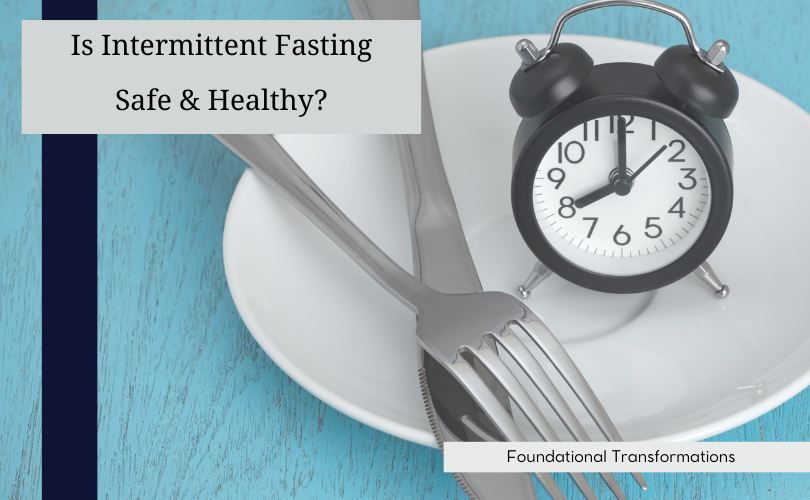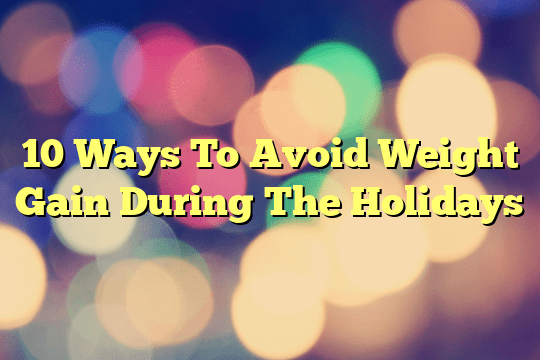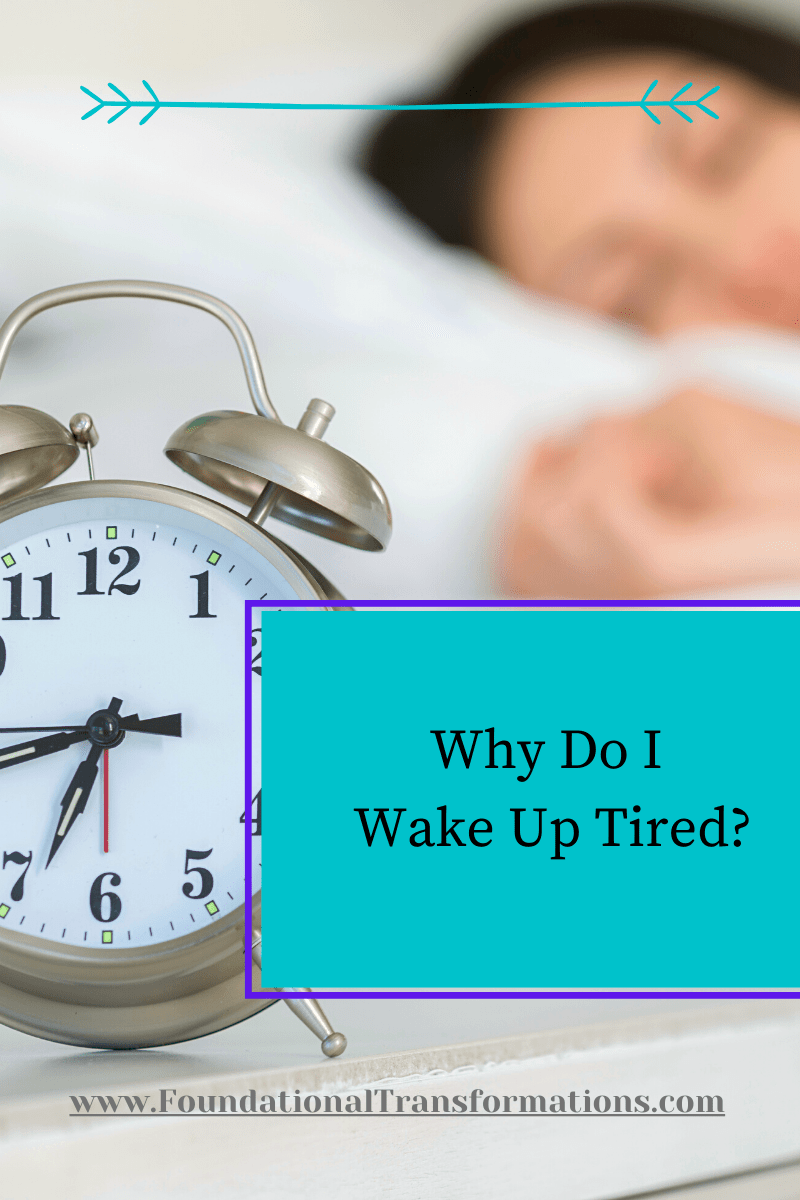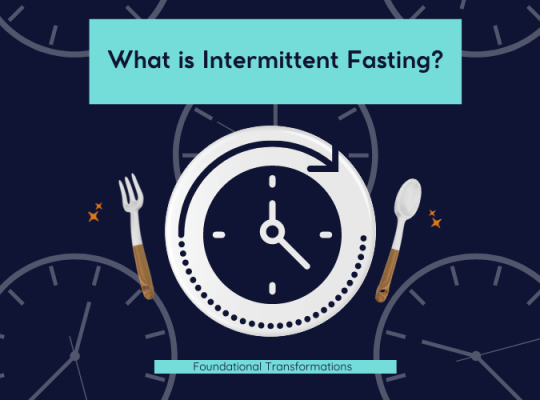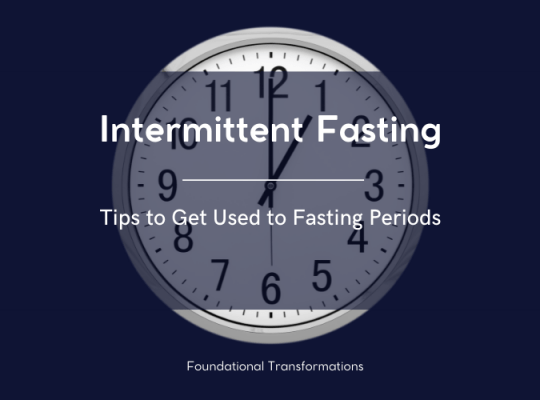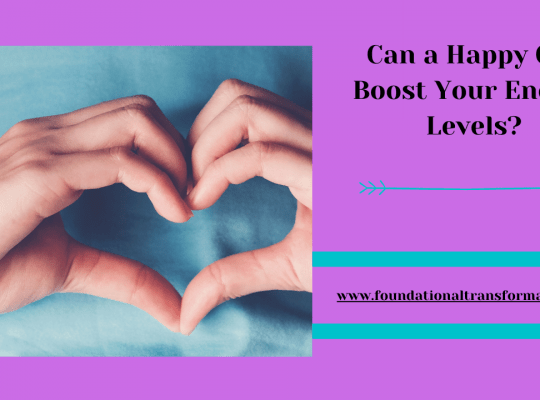Intermittent fasting can be deemed safe and healthy for most people who decide to take on this lifestyle change.
What is intermittent fasting?
Intermittent fasting is all about when you eat your meals only during specific hours during the day, or on certain days. It works by what Johns Hopkins neuroscientist Mark Mattson, PH.D. calls metabolic switching, which is when “the body exhausts its sugar stores and starts burning fat.”
Monique Tello, MD, MPH, went into more detail on the Harvard Health Blog stating that intermittent fasting makes sense. When we are snacking throughout the day, our insulin levels continue to rise or stay high, storing sugar in the fat cells and keeping it there. When we don’t snack, the insulin levels decrease, and the stored sugar can be released and used for energy and therefore burn fat.
The decrease in insulin and the ability to use the sugars for energy as well as a decrease in calories (generally this is what happens) can help people in losing weight and feeling better.
While intermittent fasting is structured on a set timeframe for eating. Many enjoy it because they can generally eat what they want during their set time. Caution: this can backfire when consuming extremely excessive calories during the feeding window.
Different Types Of Intermittent Fasting
There are a few types of intermittent fasting. Different people will use different ones depending on their habits and what they find to be most comfortable. According to the Mayo Clinic, there are three main types of intermittent fasting:
Alternate-day fasting: This is exactly what it sounds like. A person eats regularly one day and then the following day they either completely fast, or have one small meal that equals less than 500 calories.
5:2 fasting: A person normally eats 5 days of the week and then fasts for the other two days. For example, eating during the workweek Monday through Friday and then fasting on weekends.
Time-restricted fasting: A person eats within a specific window of time. Some people will do a 16:8 which means they fast for 16 hours and eat only within an 8-hour period. There is also the 20:4 where you fast for twenty hours and then eat for four.
Why Do People Use Intermittent Fasting?
Many people use intermittent fasting as a form of a diet. Convenience and more hours being awake, and distractions have made people sit and snack constantly from the time they wake up to the time that they go to sleep. This causes increases in the number of calories people eat. Especially with TV, video games, streaming services, and sedentary lifestyles.
Instead of just cutting calories, a lot of people enjoy the flexibility of being able to eat what they want within a given timeframe. This becomes a way of life for many when they see the benefits that it can offer.
What Are The Pros Of Intermittent Fasting?
Reducing calories and losing weight is the basic goal of any diet. However, many consider intermittent fasting to be something better. According to the Mayo Clinic and research that they have completed, there are multiple additional benefits to intermittent fasting than just losing weight. One of the key benefits is reducing inflammation and those conditions associated with that.
Some of the conditions that can improve are:
- Alzheimer’s
- Arthritis
- Asthma
- Multiple sclerosis
- Strokes
Additional benefits that research has found include:
- Clearer thinking and memory
- Decrease in blood pressure and resting heart rate
- Increased endurance and physical performance (as well as weight loss without muscle loss)
- Decrease in obesity and diabetes
- Reduced tissue damage
- Boost immune function
- Reduce inflammation
What Are The Cons Of Intermittent Fasting?
One of the first considerations that must be looked at as a negative is that intermittent fasting is not for everyone. There are certain groups of people who should not take part. Women who are pregnant and those who are diabetic cannot take part in intermittent fasting without the approval and supervision of a medical professional. There are certain requirements that their bodies need in order to maintain a healthy lifestyle and/or pregnancy where fasting may not benefit them.
Another thing to think about is that we live in a society with instant gratification and the need to reward ourselves, which a lot of times is in the form of food. Some will get through their fast and then gorge on unhealthy foods, thereby negating the positive effects of intermittent fasting.
Another group that would not benefit from intermittent fasting would be those who have been diagnosed with an eating disorder of any kind. This type of restricted eating can lead people who are already predisposed to an eating disorder such as anorexia or bulimia back into the cycle of that disorder.
Anyone who is currently in recovery from one should be monitored by a medical professional with any and all types of diets and eating methods.
There are some side effects that can come during the beginning stages of intermittent fasting and should reduce and be eliminated within about a month once your body (and mind) become acclimated to this way of eating.
Some of the side effects are as follows:
- Hunger
- Fatigue
- Poor sleep
- Nausea
- Headaches
Final Thoughts – Is It Safe And Healthy?
Based on all the information reviewed, intermittent fasting appears to be safe and healthy for most people as long as they don’t have any conditions that would prevent them from taking part in it as mentioned above. This type of lifestyle change can certainly assist people with reaching their health goals no matter what method of intermittent fasting they choose. For this, it’s about choosing what works best for the individual. If they can get through the first month, they can see plenty of improvements in their lives both weight-wise and health-wise.
At this time, intermittent fasting can be deemed safe and healthy for most people who decide to take on this lifestyle change.

